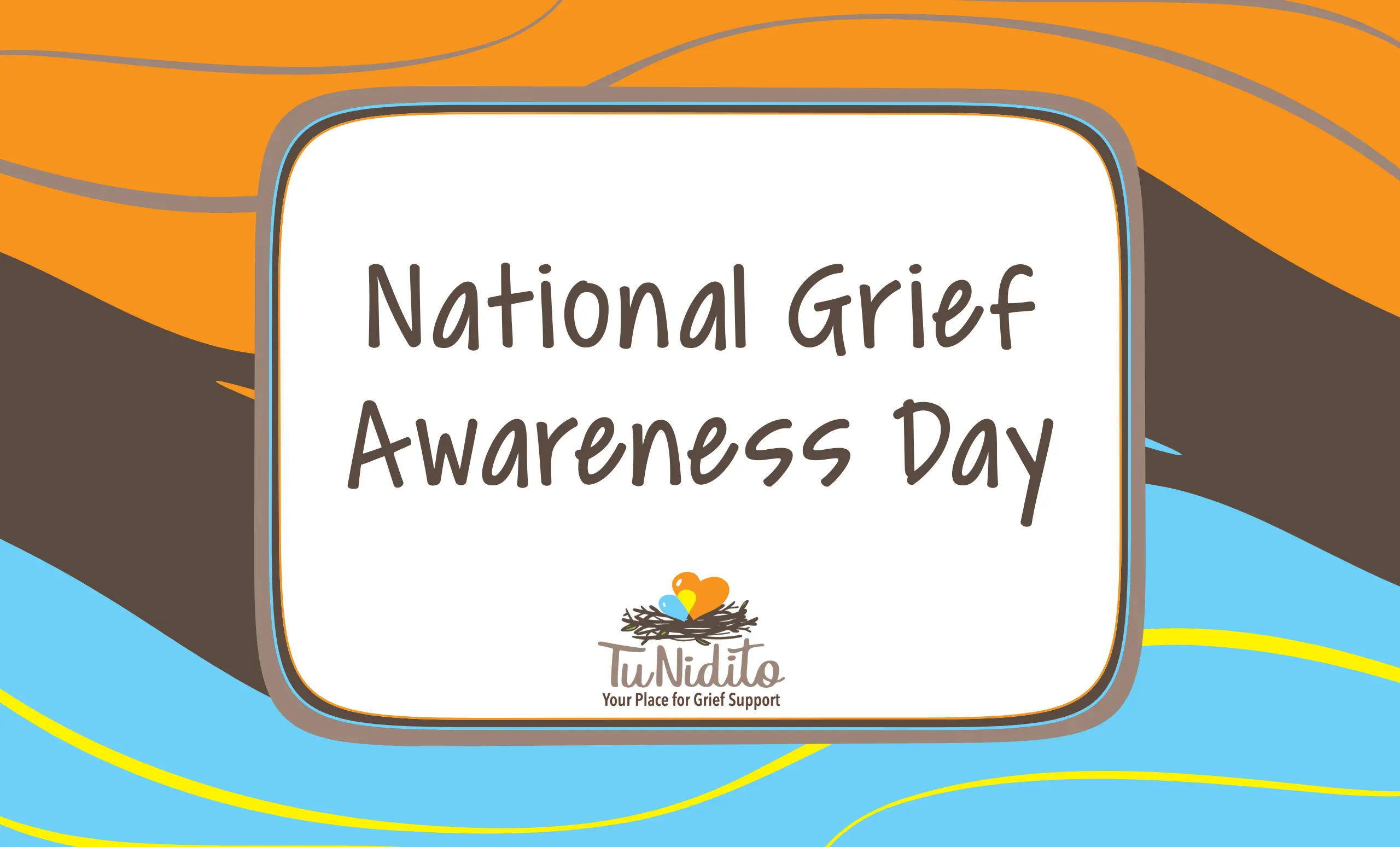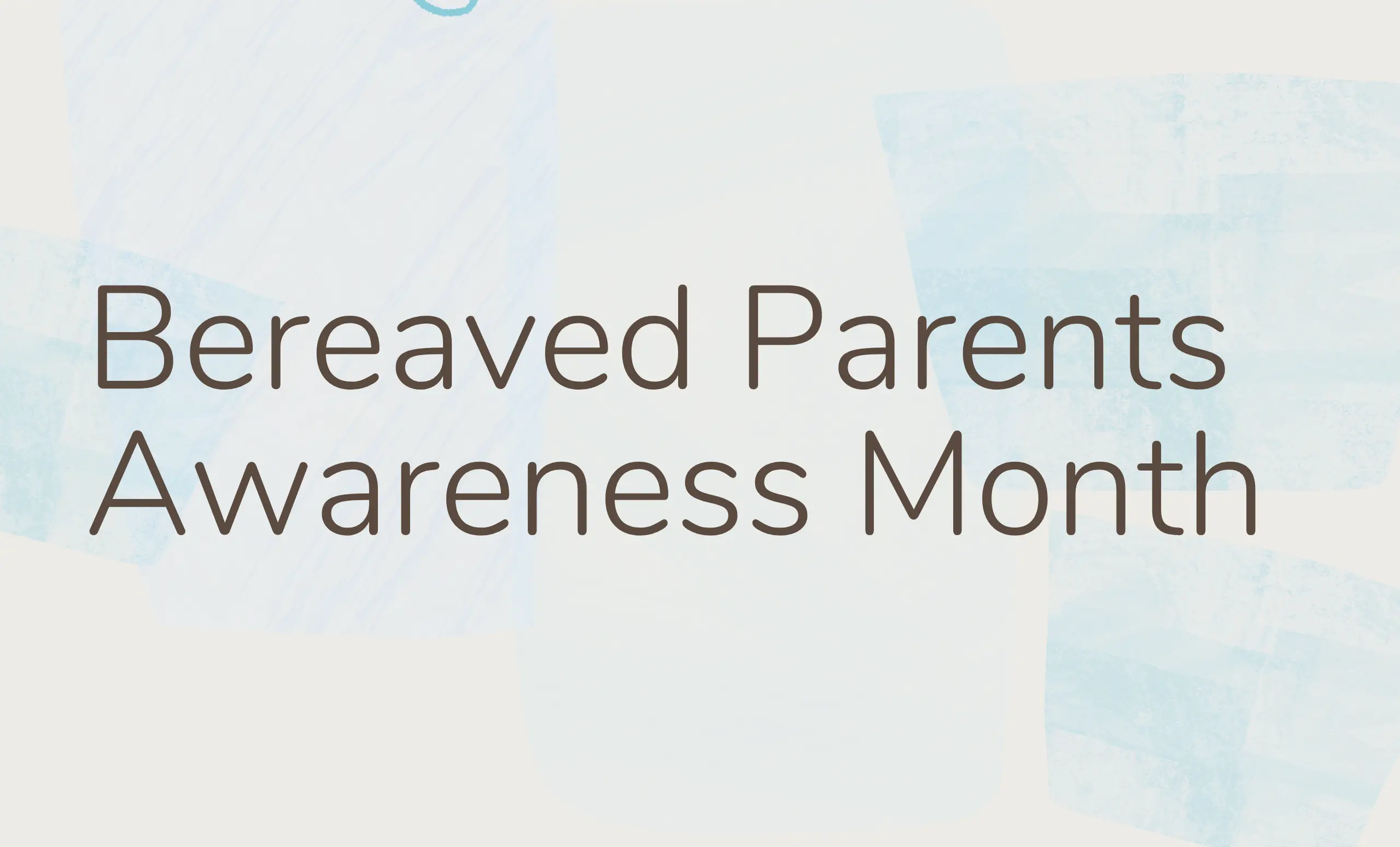When tragedy of any kind occurs in our local or national community, the impact is profound. Our innate response is to protect ourselves and the people we love. Tu Nidito Children and Family Services is here to support our community’s children and families through their grief.
Children respond to tragedy by expressing their grief in varying ways, whether it is with fear and sadness, or with questions and confusion. Parents or caregivers may find it challenging to explain tragic events to children, but we encourage caregivers to be truthful and straightforward. Age appropriate honesty between caregiver/adult and the child is an essential part of the grieving process, leading to comfort and hope.
The following are some tips and suggestions for parents and caregivers of grieving children:
- Respond together. Children observe the way that their parents handle situations. By sharing your feelings and thoughts, you are giving your child permission to do the same. This should, of course, be done in age/developmentally appropriate ways. Sharing the truth with them will build a foundation of trust as they continue to process their grief.
- Encourage your child to ask questions and be as open and honest as possible. Your child may be feeling confused and unsafe. He or she might feel afraid that the event will happen again or happen to someone that they know. Use your child’s own language to explain feelings and validate what they express and are experiencing.
- Be mindful in engaging with the media. While it may be tempting to stay up-to-date with the latest developments, try to avoid watching when your children are in the room. Violent imagery, descriptions, and constant replaying and retelling of the story might upset your child, adding to their fear and confusion. Consider how you might help your child engage with the news in helpful ways without overexposing them.
- Find other outlets for your children to express themselves. This is especially helpful if your child is too young to put what they are feeling into words. Encourage drawing, painting, or playtime to allow them to show how they feel.
- Try to stay in a routine if possible. You should not “bury your head in the sand” and ignore what has happened, but try to stick to your normal schedule. For example, maintain bath, dinner and bedtime as well as you are able.
- Find a special way to commemorate those who have died. Attend (or virtually watch) a memorial service, or light a candle and explain to your child what those actions mean.
- Let your child know that they can ask you anything at any time, whether it is in a day, a week, a month, or a year. Tragedy might spark your child’s thoughts on death and they may have questions down the road.
- Reassure your child. Sometimes, children ask questions that you might not know the answer to. Try to reassure them that you do everything you can to keep them safe.
- If you need additional support, please call Tu Nidito at 520.322.9155. We can refer you to the appropriate resources for help dealing with traumatic events and grief.
Related Posts
Honoring Breast Cancer Awareness: “Every story is unique, every journey matters” As we close out 2025 Breast Cancer Awareness Month, we are highlighting our [...]
On August 30th, we recognize National Grief Awareness Day, a day dedicated to acknowledging and inviting opportunity to speak openly and honestly about, what [...]
July is Bereaved Parents Awareness Month. It's a time to acknowledge and support parents who have experienced the death of a child and raise [...]




